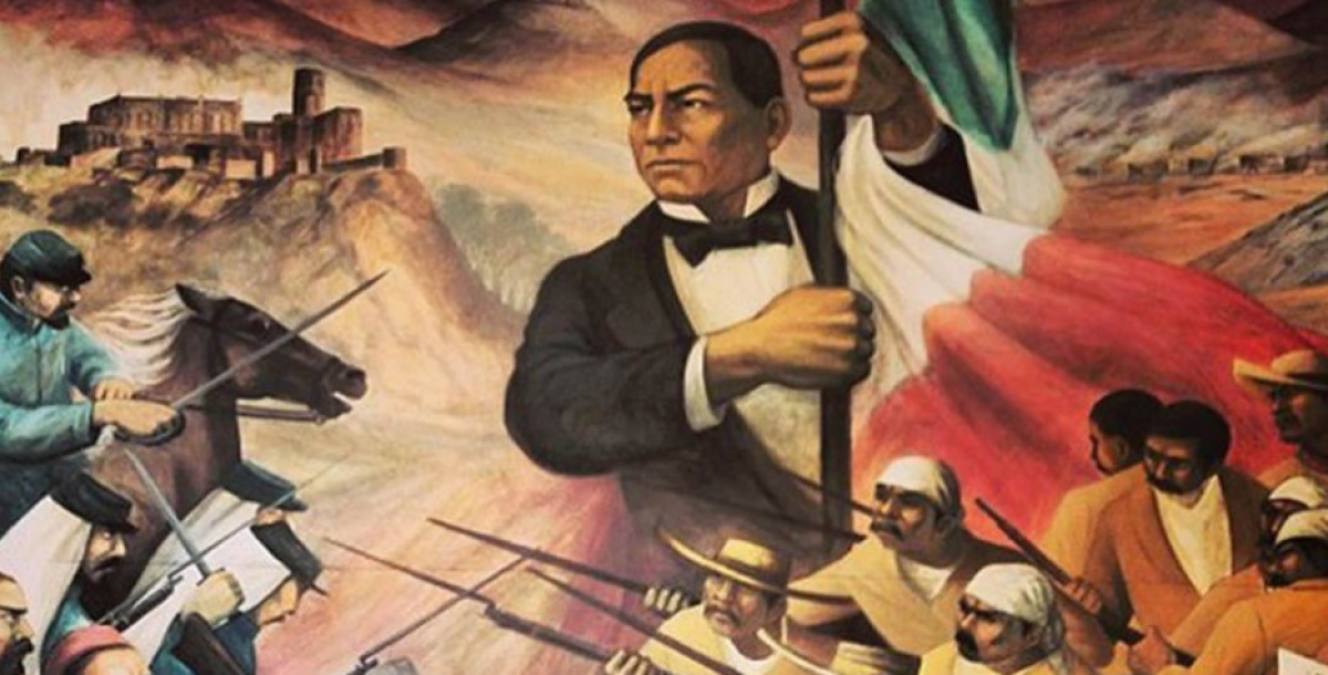Born on March 21st 1806, Benito Juárez is today remembered as a reformer dedicated to democracy, reducing the influence of the Catholic Church in Mexican politics, campaigning for equal rights for indigenous peoples and promoting the defence of national sovereignty.
Juárez had a very humble start to life. He was an indigenous Zapotec who became an orphan when he was only four years old, he worked as a shepherd, speaking Zapotec and unable to read or write. He moved to Oaxaca City when he was 13, where he learned to speak, read and write Spanish, studied law and got married.
He entered politics in 1834, serving as a city councilman in Oaxaca. Over the next two decades, he rose through the political system, until he was elected President.
He became the 26th President of Mexico, holding office from January 15th 1858 until July 18th 1872.
Benito Juárez lived during one of the most important and tumultuous periods of Mexican history, considered by many historians as the consolidation of the nation as a republic. Juárez marked a watershed in the nation’s history, being a premier figure in this time.
It is a reflection on his importance to Mexico, that Benito Juárez is the only Mexican to have his own national holiday.
Indeed, the period of his leadership is known in Mexican history as ‘La Reforma’ (the reform) and marked a political and social revolution with major constitutional consequences.
